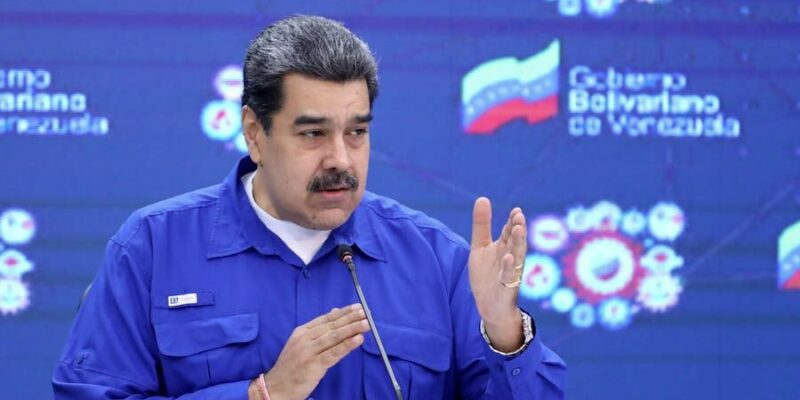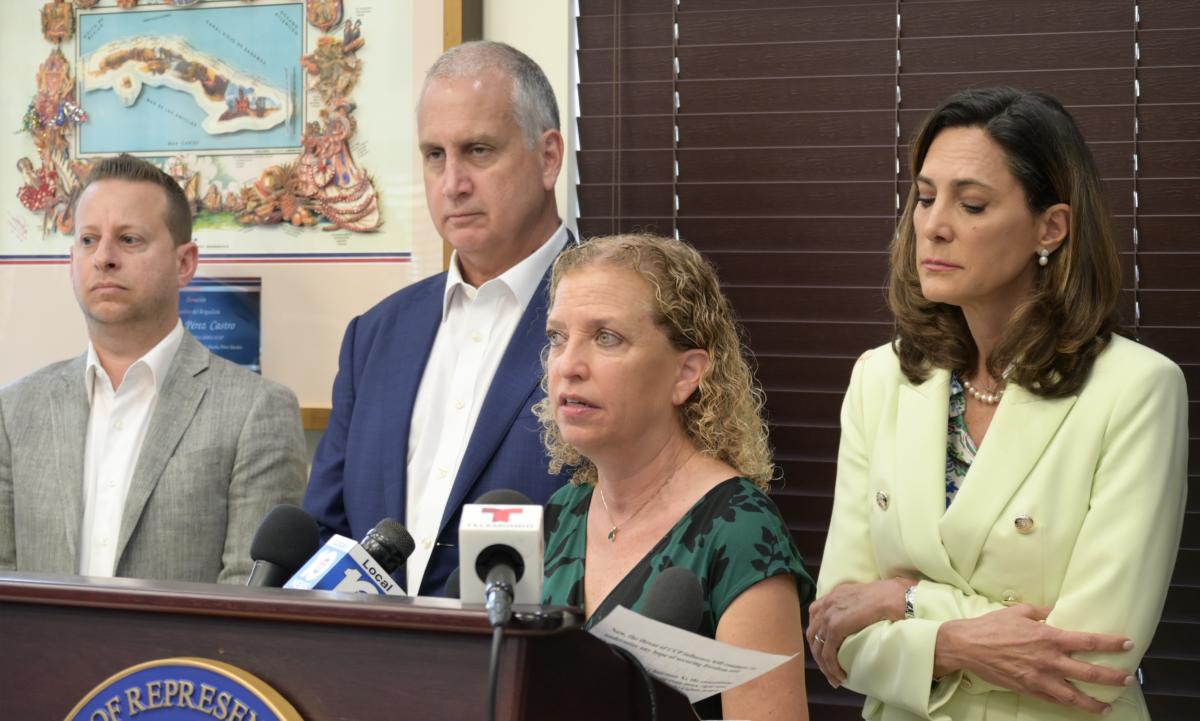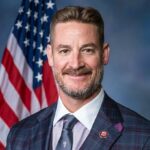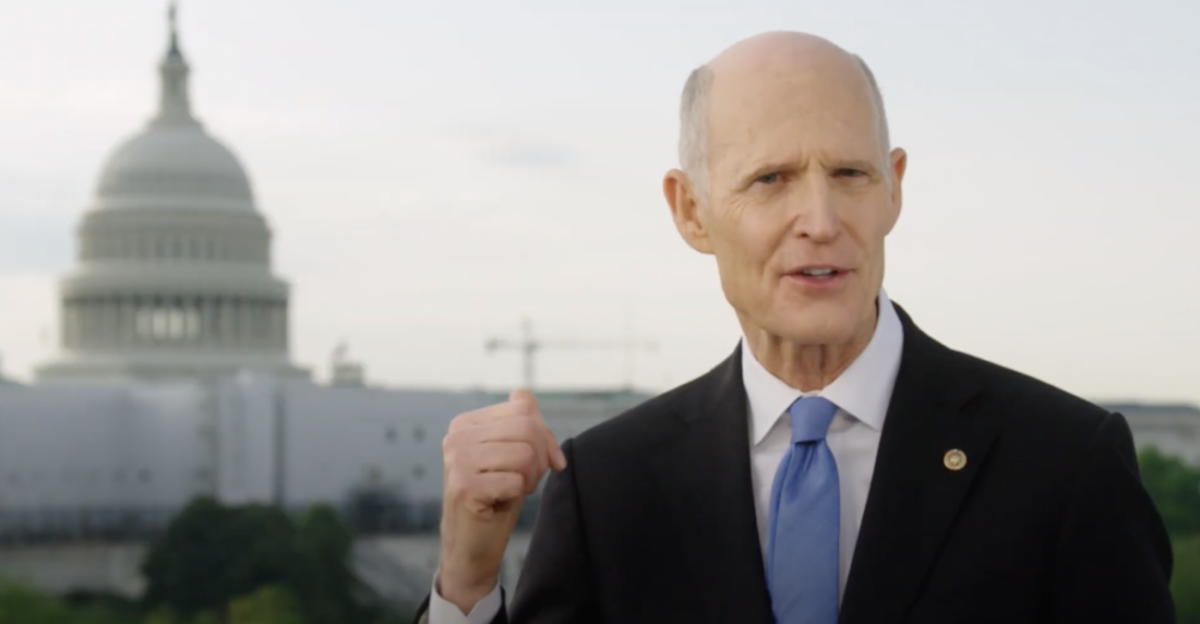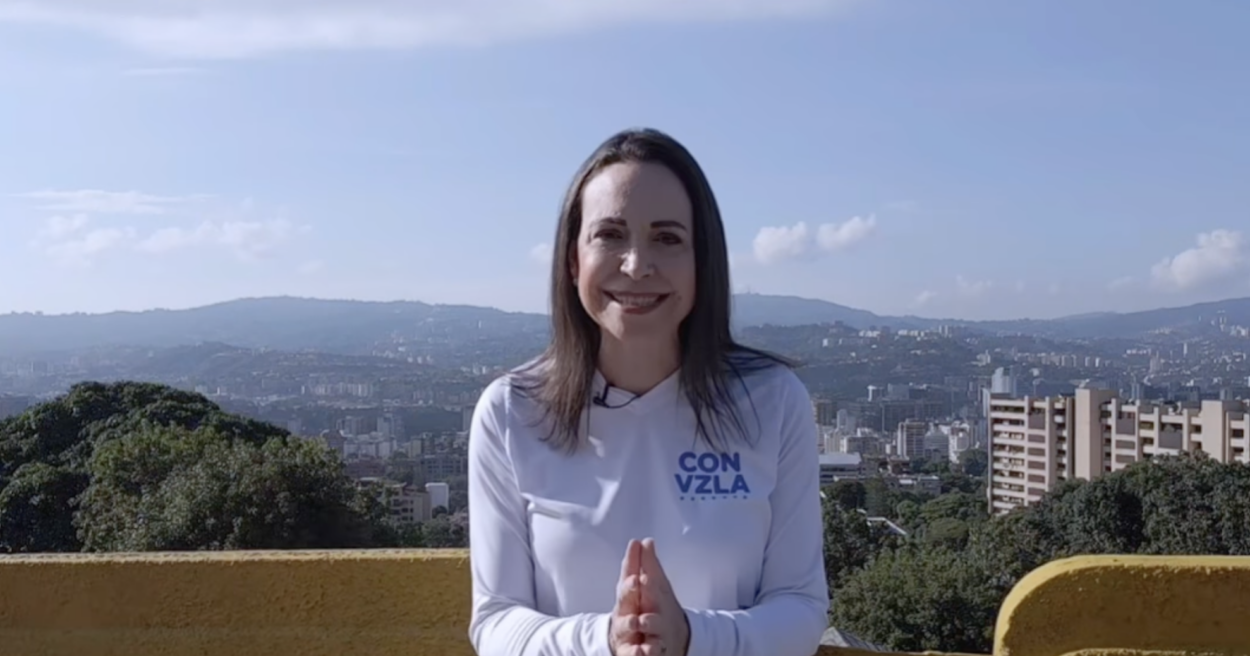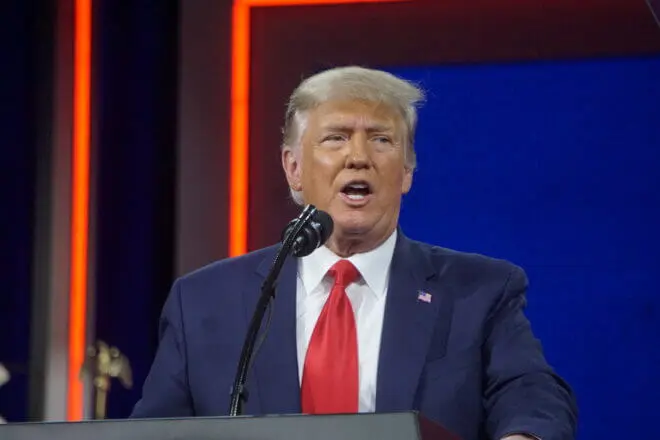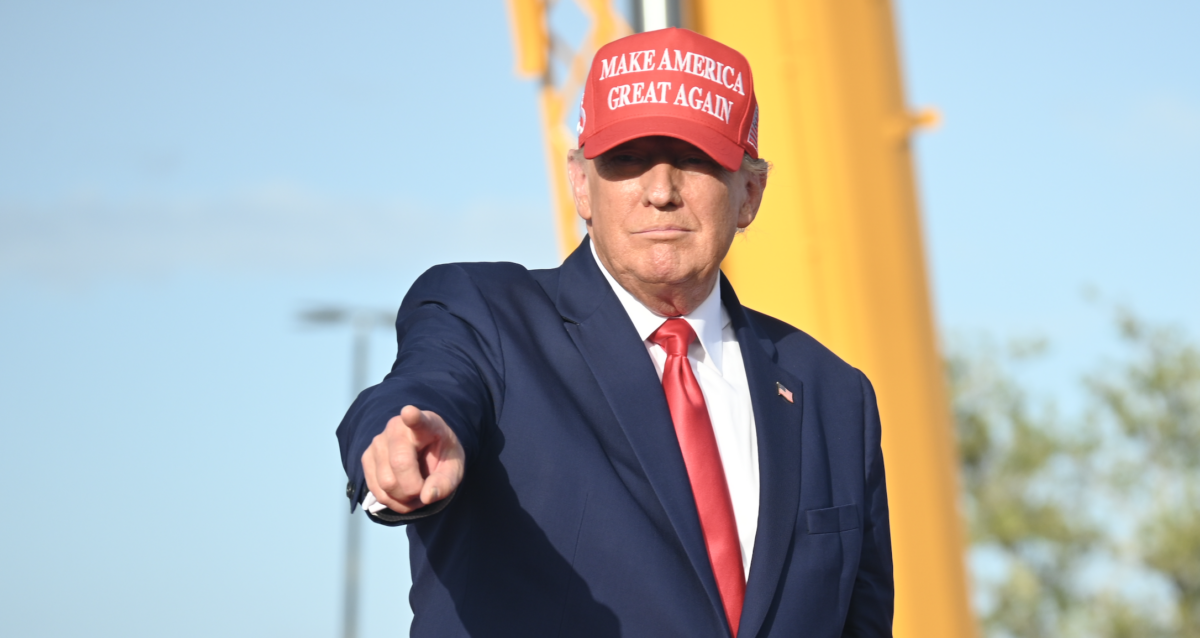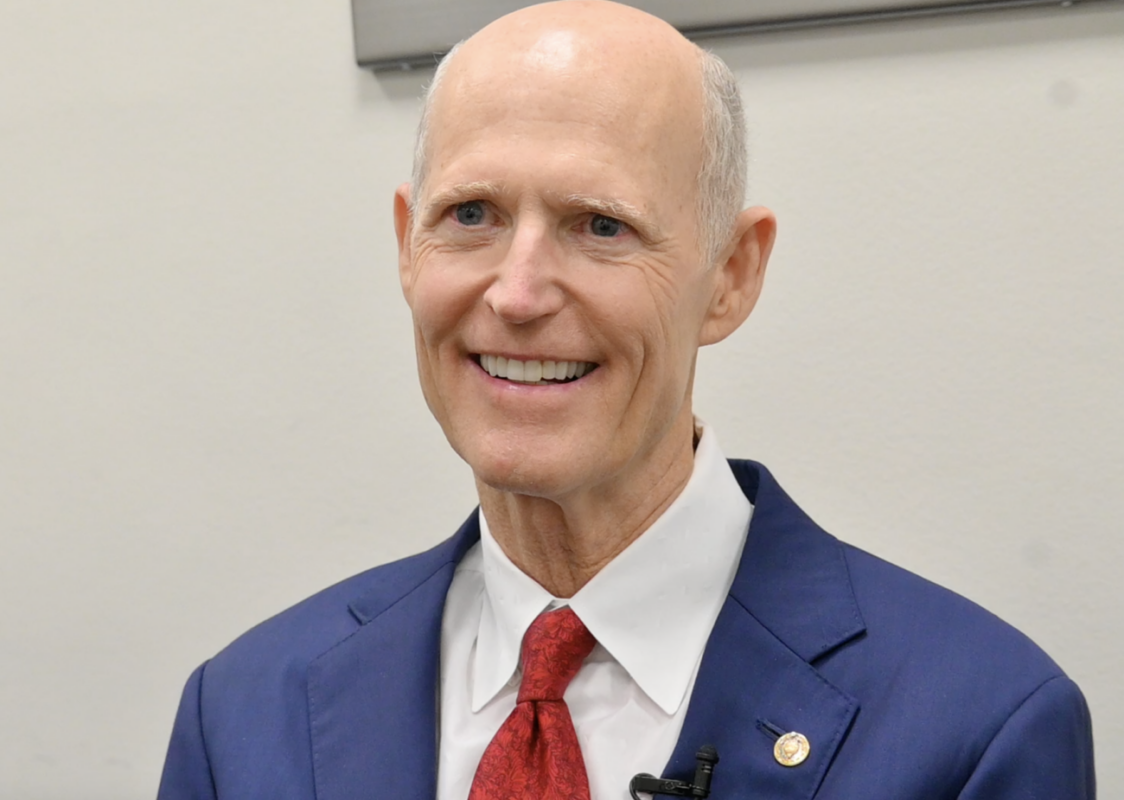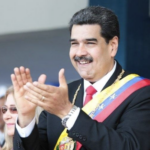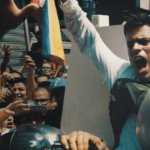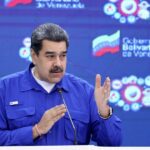The Biden administration continues to endure pressure from Latin American foreign policy experts and politicians to establish a clear policy toward Venezuela, including the reevaluation of economic sanctions. Now, Venezuelans themselves have taken this to task. In the past couple of weeks, various groups of prominent Venezuelans have sent letters to the White House, asking the administration to consider their suggestions for a path forward in their home country.
The letters have certainly reignited an ongoing debate about whether sanctions, which were first imposed by President Obama in 2015 and were substantially harshened in 2019 by President Trump under his “maximum pressure” campaign, have achieved their intended goals.
Although the White House has not offered a direct response to the letters as of publication, in an interview with Leading Colombian radio station La W during his trip to Colombia, Juan Gonzalez, NSC Senior Director for the Western Hemisphere said to Colombian radio station La W that, “lifting sanctions, even in the in the oil sector, will be based on the Mexico negotiations.” He also reiterated that for the U.S., “the primary interlocutor is the Interim Government and the Unitary Platform.”
The letter that ignited this debate was signed by a group of 25 well-known private sector, academia, and Civil Society leaders including renowned humanitarian activist Feliciano Reyna, private sector leaders Jorge Botti, and Ricardo Cusanno, civic leader Mariela Ramirez and prominent economist Luis Vicente Leon.
"Let’s face it: the maximum pressure policy and economic sanctions against Venezuela did not achieve their goals," the group said in the letter. "While sanctions are not the root of Venezuela’s humanitarian emergency, they have gravely worsened conditions for the average Venezuelan."
The letter also urges the U.S. to continue in its efforts to "promote substantive and productive negotiations to resolve Venezuela’s deepening crisis" as the situation is dire — 94.5% of the population lives in poverty, according to a study conducted in 2021 by Andres Bello University.
The same group of detractors has also taken their grievances to Maduro himself, urging the dictator to "accept significant political and electoral reforms and to continue with the release of political prisoners."
To the Venezuelan opposition, the group has "proposed the need to unify ….and support potential agreements,” and “not to be held hostage by extreme positions that only prolong the painful status quo."
Just four days after the first letter was published, a sort of counter-letter was published online. It was signed by 68 also well-known individuals, mostly from political circles and many of them no longer Iiving in Venezuela. Among them, former Caracas mayor and political prisoner Antonio Ledezma, the leader of opposition party Vente and former presidential candidate María Corina Machado, former governor of Carabobo Henrique Salas Römer, former diplomat Diego Arria, and the editor of El Nacional newspaper, Miguel H. Otero.
Although the second letter does not claim to be a response to the first one, everyone sees it that way. The letter reminds the Biden administration that they’re dealing with a tyrannical regime in Venezuela and that they must not let “U.S. institutions cover up the cold-blooded murder of hundreds of citizens.” The letter opens saying the signatories “worry over the risks that U.S. institutions will end up protecting one of the most criminal regimes that human history has known.” They state that Venezuela is not a State with rule of law but “a narco-state, which is both a failed and an outlaw state.”
However, when you dig deep into the “asks” of each of the letters, they both have more in common than in disagreements.
Both letters ask for the liberation of political prisoners. Both groups agree with maintaining and strengthening “individual sanctions against those who have depredated the country’s public funds and committed crimes against humanity,” as stated in the second letter.
What is most telling is that they both seem to be screaming for action by the U.S. government — and for Venezuela to remain in U.S. foreign policy’s forefront.
Florida Senator Marco Rubio recently told The Floridian that the “failed” economic and “socialist model” that Venezuelan Dictator Nicolas Maduro has set, has caused the humanitarian crisis.
“The humanitarian tragedy in Venezuela is a direct result of the failed Chavez-Maduro socialist model,” said Sen. Rubio. “I remain committed to ensuring my VERDAD Act, which provides support for independent civil society and humanitarian assistance in Venezuela, is fully implemented.”

